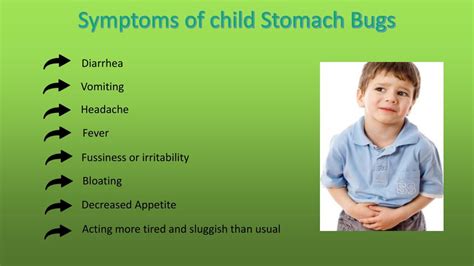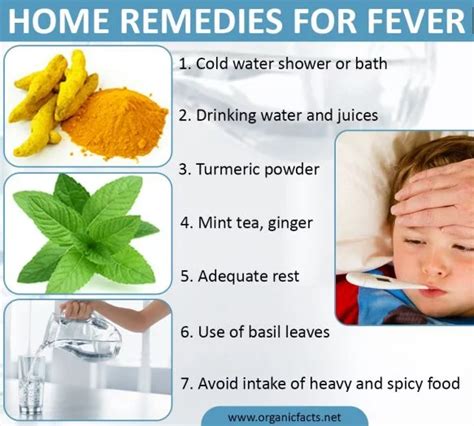Intro
As a parent, there's nothing more distressing than seeing your little one suffer from a tummy bug. Infant tummy bugs can be caused by a variety of factors, including viral or bacterial infections, food allergies, or even teething. The good news is that most infant tummy bugs are not serious and can be treated with simple remedies at home. In this article, we'll explore some of the most effective infant tummy bug remedies, as well as provide tips on how to prevent them from occurring in the first place.
When it comes to infant tummy bugs, it's essential to be aware of the signs and symptoms. These can include diarrhea, vomiting, abdominal pain, and fever. If your baby is experiencing any of these symptoms, it's crucial to seek medical attention if they persist or worsen over time. In the meantime, there are several things you can do to help soothe your baby's stomach and prevent dehydration. From breastfeeding and bottle-feeding tips to home remedies like ginger and probiotics, we'll cover it all.
Infant tummy bugs can be a stressful and overwhelming experience for parents, especially if it's their first time dealing with this type of issue. However, with the right knowledge and techniques, you can help your baby feel better and prevent future episodes. Whether you're a new parent or a seasoned pro, this article will provide you with the information and confidence you need to tackle infant tummy bugs head-on. So, let's dive in and explore the world of infant tummy bug remedies.
Understanding Infant Tummy Bugs

Types of Infant Tummy Bugs
There are several types of infant tummy bugs, each with its own set of causes and symptoms. Some of the most common types include: * Viral gastroenteritis: This is the most common type of infant tummy bug and is caused by a viral infection. * Bacterial gastroenteritis: This type of tummy bug is caused by a bacterial infection and can be more serious than viral gastroenteritis. * Food allergy: Some babies may experience tummy bugs due to a food allergy, such as a milk protein allergy. * Teething: Teething can cause stomach upset and diarrhea in some babies.Home Remedies for Infant Tummy Bugs

Preventing Dehydration
Preventing dehydration is crucial when it comes to treating infant tummy bugs. Some tips for preventing dehydration include: * Offering frequent, small feedings of breast milk or formula * Using an electrolyte solution, such as Pedialyte, to replace lost fluids and electrolytes * Avoiding solid foods until the baby is feeling better * Monitoring the baby's urine output and stool frequency to ensure they are not becoming dehydratedMedical Treatment for Infant Tummy Bugs

When to Seek Medical Attention
It's essential to seek medical attention if the baby is experiencing any of the following symptoms: * Severe vomiting or diarrhea * Fever over 102°F * Signs of dehydration, such as decreased urine output or dry mouth * Bloody stools or vomit * Abdominal pain or tendernessDietary Changes for Infant Tummy Bugs

Preventing Infant Tummy Bugs
Preventing infant tummy bugs is always better than treating them. Some tips for preventing infant tummy bugs include: * Practicing good hygiene, such as washing hands frequently * Avoiding close contact with anyone who has a tummy bug * Keeping the baby's environment clean and sanitized * Avoiding sharing food or utensilsConclusion and Next Steps

We hope this article has provided you with the information and confidence you need to tackle infant tummy bugs head-on. If you have any questions or concerns, please don't hesitate to reach out. Share your experiences and tips for dealing with infant tummy bugs in the comments below, and don't forget to share this article with other parents who may be struggling with this issue.
What are the most common causes of infant tummy bugs?
+The most common causes of infant tummy bugs include viral or bacterial infections, food allergies, and teething.
How can I prevent dehydration in my baby?
+To prevent dehydration, offer frequent, small feedings of breast milk or formula, use an electrolyte solution, such as Pedialyte, and monitor your baby's urine output and stool frequency.
When should I seek medical attention for my baby's tummy bug?
+Seek medical attention if your baby is experiencing severe vomiting or diarrhea, fever over 102°F, signs of dehydration, bloody stools or vomit, or abdominal pain or tenderness.
